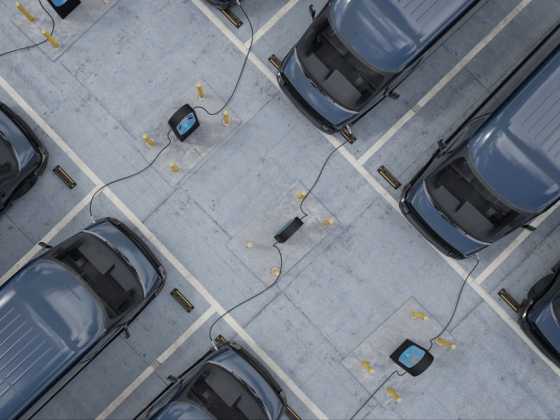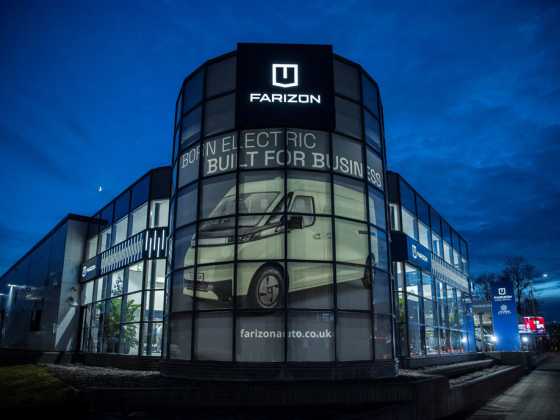London scrappage schemes successful in reducing car ownership

A new report has shown that the London scrappage schemes were successful in reducing emissions and car ownership and increasing the use of public transport.
It is estimated that the Mayor’s scrappage schemes have helped cut toxic emissions in the capital – removing a total 140 tonnes of nitrogen oxides, 0.5 tonnes of PM2.5 and 2,000 tonnes of CO2 from the capital’s air. The CO2 saving is the equivalent to that generated by a lorry travelling 1.5 million miles.
The evaluation survey of the Car and Motorcycle Scrappage Scheme also shows it was effective in reducing vehicle ownership, with a third of respondents not purchasing a replacement vehicle, and 22 per cent saying they no longer have access to a vehicle in their household.
The scheme has also helped increase public transport use, with survey respondents reporting a decrease in car travel and an increase in walking, cycling and public transport.
Three targeted scrappage schemes were put in place to help Londoners prepare for the ULEZ and Low Emission Zone. They provided financial assistance for small businesses, charities, Londoners on lower incomes and disabled Londoners to scrap their older, more polluting vehicles and switch to cleaner models and modes of transport.
Launched across 2019 and 2020, with investment of over £61 million from the Mayor, the evaluation of these schemes was published and demonstrates that they have been popular and effective, helping people to avoid having to pay the ULEZ charge as well as removing over 15,200 older, more polluting cars, motorcycles, vans, minibuses and heavy vehicles from London’s roads.
Following the success of the schemes in London, Sadiq is urging the Government to learn from London’s approach and to create a targeted national scrappage fund to enable even more cities across the country to implement Clean Air Zones more effectively and help more drivers across the UK to change to cleaner vehicles and greener modes of transport.



